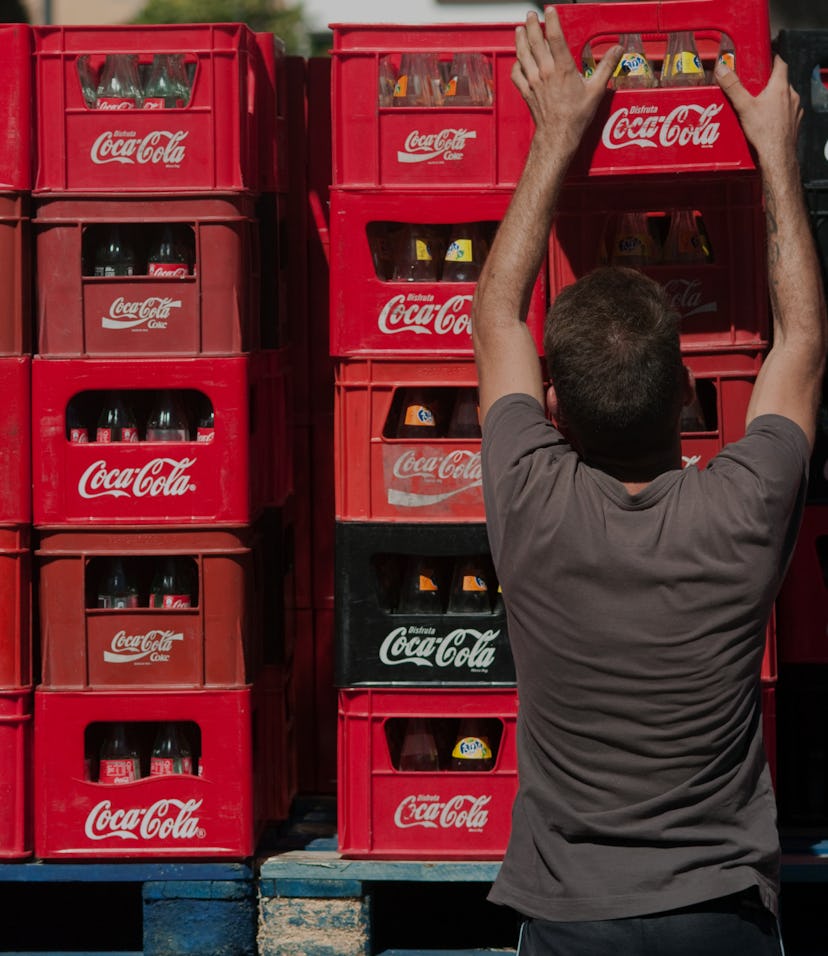Culture
Coca-Cola is now the biggest brand to pull its Facebook ads
Even Zuckerberg's poor attempt at attrition hasn't stopped one of the world's most powerful brands distancing itself from his empire.

Coca-Cola has added its name to the growing list of brands that won't be helping fill Facebook's advertising coffers for the foreseeable future. The world's most recognizable soft-drink maker made the announcement on Friday. Earlier the same day, Zuckerberg posted a lengthy missive on his own service, outlining the company's pretty uninspiring and insipid changes to its free-speech policies. Those changes, it would appear, weren't enough to appease Team Coke.
“There is no place for racism in the world and there is no place for racism on social media. The Coca-Cola Company will pause paid advertising on all social media platforms globally for at least 30 days. We will take this time to reassess our advertising policies to determine whether revisions are needed. We also expect greater accountability and transparency from our social media partners," says James Quincey, Coca-Cola's chairman and CEO.
Growing dissatisfaction — Coca-Cola is now the most prestigious brand to distance itself from the social network over its poor policing of hate-filled and downright misleading content it continues to host. Earlier this week Verizon and Unilever, were the stars of the boycott list, which first began to gather momentum thanks to clothing brands like The North Face, Patagonia, and REI.
A month, to start with — The mass cancellations of ad campaigns are part of an initiative called Stop Hate for Profit that's being spearheaded by the NAACP, Anti-Defamation League, and four other civil rights-affiliated groups. The initiative is calling on Facebook to combat hate and misinformation on its platform and asks that companies stop advertising on the social network and its subsidiaries like Instagram for at least the month of July.
It's unclear how board Coca-Cola's definition of a "social network" is, but its statement suggests it'll be halting ad campaigns not just on Facebook and Instagram, but also on Twitter, and possibly even on TikTok and YouTube.
Repeated failures — Facebook's repeated refusal to acknowledge the responsibility it has to its audience to monitor and remove hate speech and falsehoods is nothing new. Though the company did remove a Trump campaign ad containing neo-Nazi imagery, that's a rare exception in a longrunning track record of enabling hateful content to flourish. Zuckerberg previously said Trump's "looting and shooting" post wasn't racist or incendiary, and that Twitter should allow disinformation.
Now that advertisers are talking with their dollars — the only topic that tends to prompt Facebook to act — perhaps it'll spend some of its ample war chest addressing the entrenched and systemic trash for which it's a conduit. Or, more likely, I'll wait out the month of July, see whether the public and advertisers forget about its transgressions, and return to business as usual. We'd do well to keep it fresh in everyone's mind.